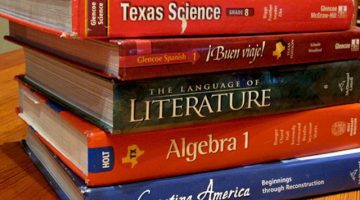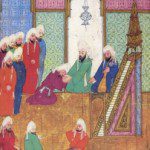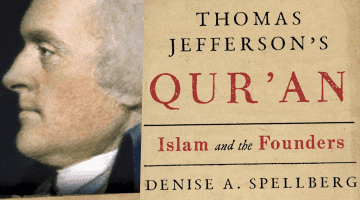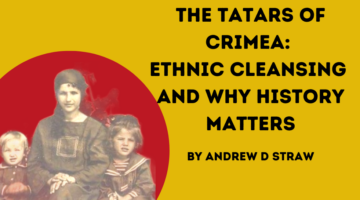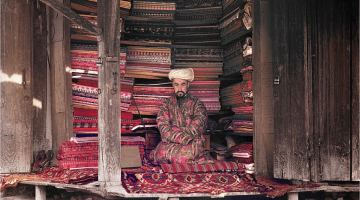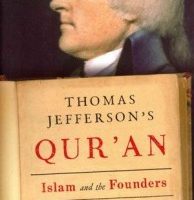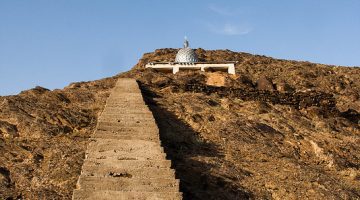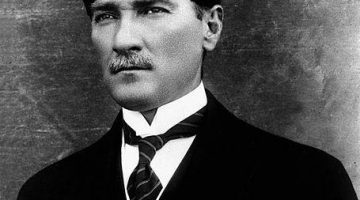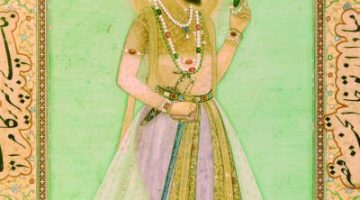
What do an enslaved African miner in colonial Colombia, a Portuguese Jewish merchant in Cartagena, a gem cutter in Amsterdam, and an Ottoman sultan have in common? Kris Lane’s Colour of Paradise ties together the histories of these diverse and geographically distant peoples by tracing the exploitation, trade, and consumption of emeralds between 1540 and the 1790s
